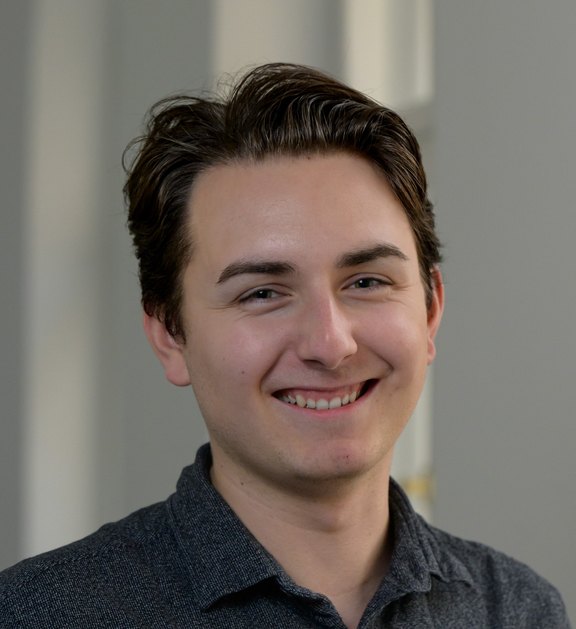This week, we have the pleasure of conducting an interview with Julian Tehel, one of our working students, who has just successfully completed at Munich University of Applied Science (MUAS) his bachelor's thesis on the topic of "Zero Waste Supply Chain." In the following interview, he shares his experiences during the thesis work, the insights he has gained, and his perspective on the future regarding his field of study and career goals.
- How would you explain your bachelor's thesis in a few sentences to someone unfamiliar with the topic?
The thesis aimed to identify the potentials and challenges for companies in implementing Zero Waste in their supply chain and determine the necessary success factors. Zero Waste refers to the complete avoidance of waste and inefficiencies, meaning anything that does not create value should be eliminated, both in processes and through appropriate product return processes. The ultimate goal is to achieve a fully circular supply chain.
- What was the most significant challenge during your bachelor's thesis, and how did you overcome it?
The most significant challenge for me was finding the right topic before starting the thesis. While I had a general idea of my interests, I struggled to find a specific topic that would be suitable for a bachelor's thesis. To overcome this, I invested a lot of time in the topic selection process. I began by searching for current articles and studies related to my interests to narrow down potential topics. Then, I read recent papers, paying particular attention to the conclusion section to gather concrete topic suggestions. Once I had some potential topics, I searched for more articles and papers related to those topics, quickly reviewing them to see if there was enough data material for a bachelor's thesis. Creating a rough outline also helped me understand the essential points addressed in the existing literature. Only after that did I approach a supervising professor.
- What key insights did you gain from your work, and how could they be applied in practice?
The results of the thesis show that efforts to implement Zero Waste are necessary to meet increasing legislative pressure and rising customer demands. However, achieving full implementation depends on various factors. It requires a collaboration between political and business decisions to facilitate the implementation and raise awareness about the relevance of Zero Waste to the general population.
As the research area has been relatively underexplored in previous studies, my thesis primarily served to provide an overview of Zero Waste in the supply chain. It particularly aimed to highlight areas with improvement potential to enable the actual implementation of Zero Waste in the supply chain. In this context, it should serve as a guide for future studies to focus on these areas that need further research.
- How did working on your bachelor's thesis influence your perspective on your field of study or your career goals?
Working on my bachelor's thesis reinforced the importance of sustainable thinking and action in all aspects of life. Achieving complete waste avoidance requires conscious actions from end consumers who must be aware of their actions and adapt them consistently. This calls for transparency from both policymakers and companies, as well as the necessary expertise to establish suitable processes. Therefore, I am now more motivated to further educate myself in this direction.
- What advice would you give to future bachelor students working on their thesis?
Definitely follow the professor's guidance, even if you have different opinions. Professors' expectations of what makes a good thesis can vary significantly. Therefore, it is crucial to communicate with your professor to understand how the thesis should be structured and where the focus should lie.
Another tip: Choose a topic based on your interests, not just based on the professor's preferences. Having a genuine interest in the topic will make the reading and writing process much more engaging, and you'll find it easier to sit down and work on your bachelor's thesis.
We thank Julian and wish him every success in his master's degree!

